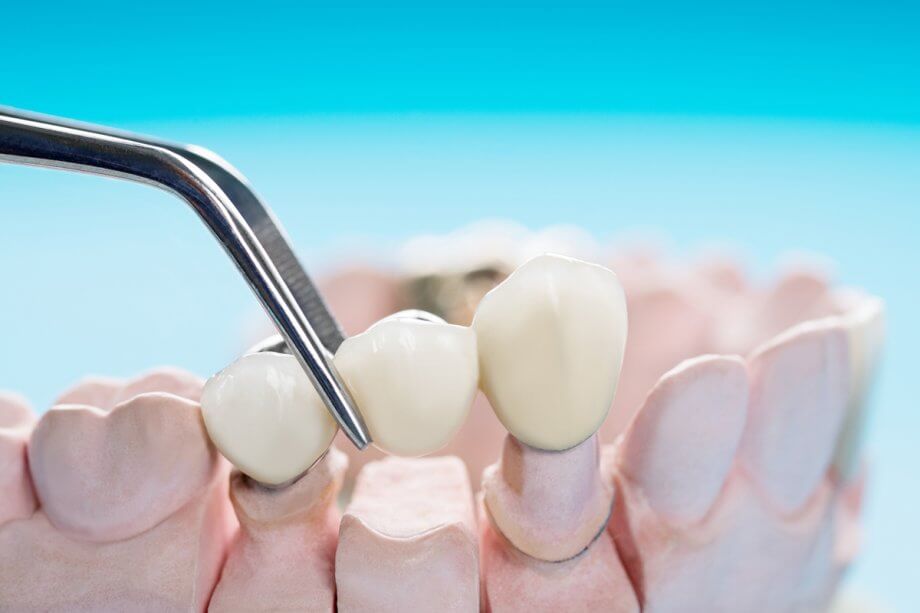Dental bridges can restore your smile, helping to fill any gaps. You will once again have teeth that function well and appear natural, reducing the risk of oral health issues. But how long will you be able to enjoy it?
This article explores how long you can expect your dental bridges to last.
Types of Dental Bridges
While dental bridges are all meant to fulfill the same purpose, different types are available to you. Each will come with its own set of characteristics, pros, and cons. Let’s take a closer look.
- Traditional Dental Bridges. This is the most commonly used dental bridge. Crowns are placed on either side of the empty space holding the artificial tooth or teeth in place.
- Cantilever Bridges. Much like the traditional dental bridge, this one functions in the same way. The only difference is that the bridge is held in place by one crowned tooth rather than two.
- Implant-Supported Bridges. Another highly sought-after dental bridge is one supported by implants. Instead of involving healthy teeth, one or more dental implants are used to hold the bridge in place.
- Maryland Bridges. This type of dental bridge is held in place by cementing metal structures on the back of adjacent missing teeth. This is not usually the first choice for most patients as they add pressure to supporting teeth and may not stay in place when biting and chewing.
How Long Do Dental Bridges Last?
Because the types of dental bridges are designed differently, they each vary when it comes to their lifespan. For instance, Maryland and Cantilever bridges typically last between 5 to 10 years before needing to be replaced whereas traditional bridges can last 10 to 15 years.
Dental implant-supported bridges, on the other hand, can last about 10 to 20 years — or longer.
The key to longevity regardless of the type of bridge is maintaining good oral hygiene, including routine visits to the dentist. The better you take care of it, the more you can depend on it.
Frequently Asked Questions about Dental Bridges
How much do dental bridges cost?
Many factors play a role in the cost of dental bridges, especially the type and the number of teeth it is replacing. Make an appointment with your dentist to discuss your options and cost.
What happens if I don’t get a dental bridge?
When you do not replace missing teeth, you will end up with a gap in your smile. The teeth on either side no longer have the support needed to remain in their current position and will begin to shift. Over time, this can lead to overcrowding, crooked teeth, misaligned bites, and a greater risk of tooth decay.
Learn More About Bridges at San Francisco Dental Wellness
If you need a dental bridge to replace your missing teeth, the team at San Francisco Dental Wellness can help.
As the Clinical Director at the San Francisco VA Medical Center, Dr. Chui is a trusted dental professional in the community. Who better to have on your side when you need dental bridges?
Contact us today at 415-781-1944. Or, schedule your appointment online.

